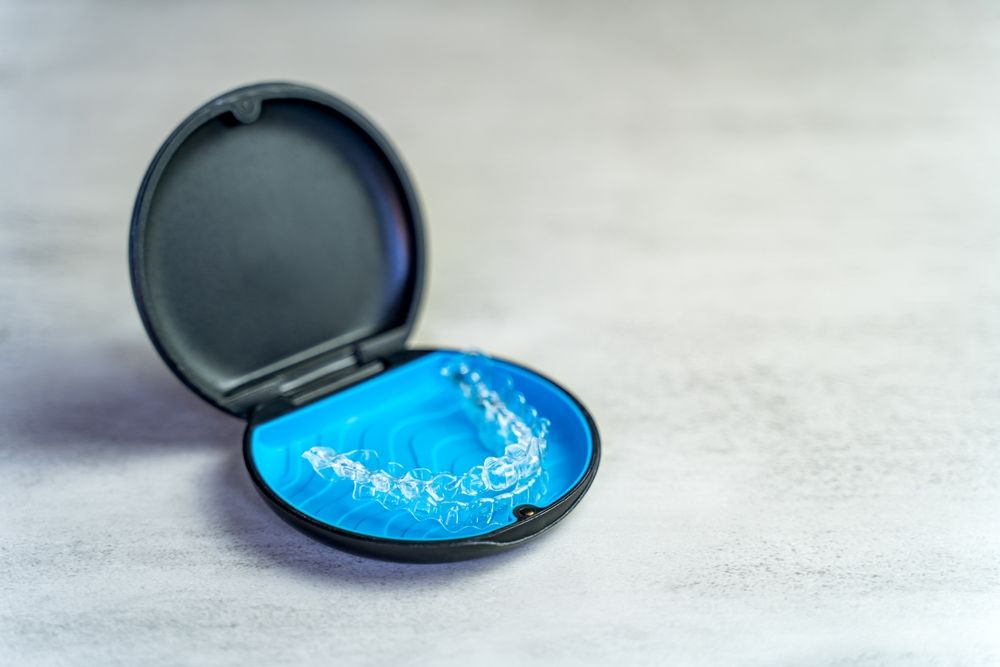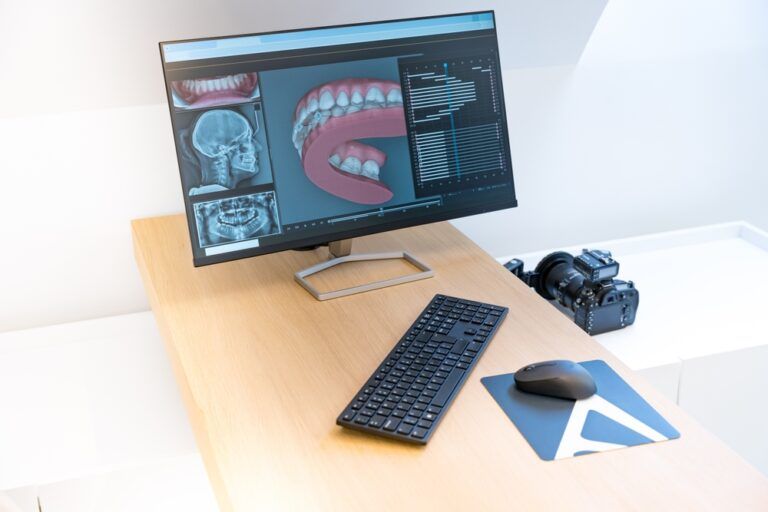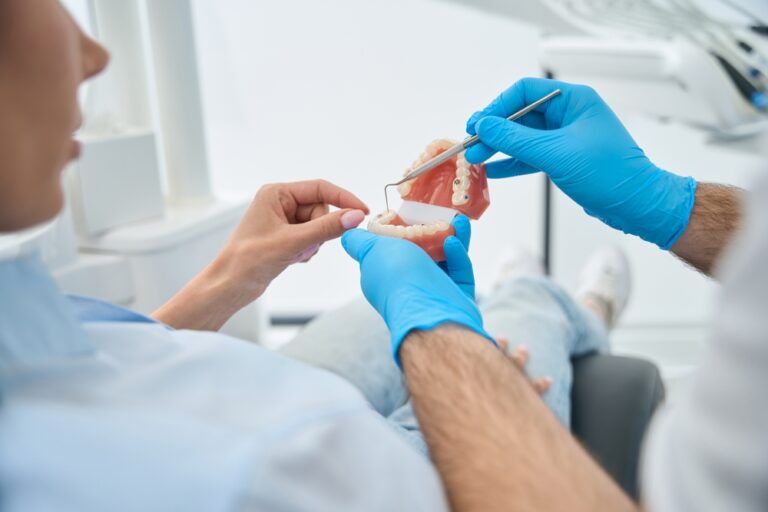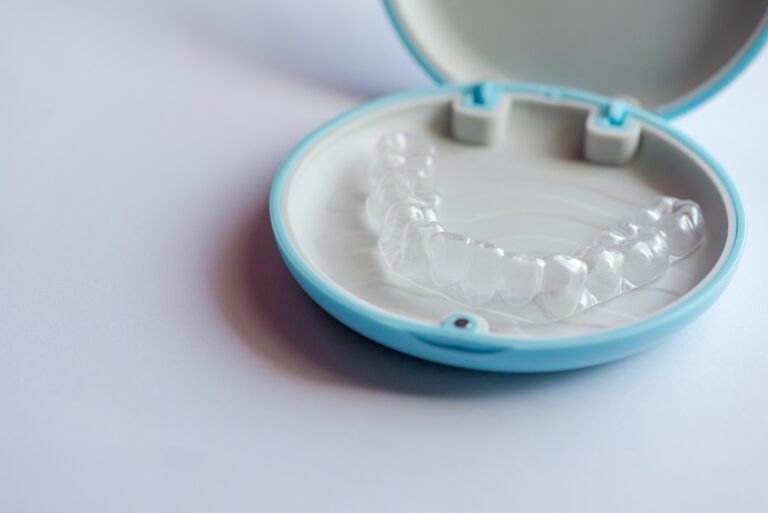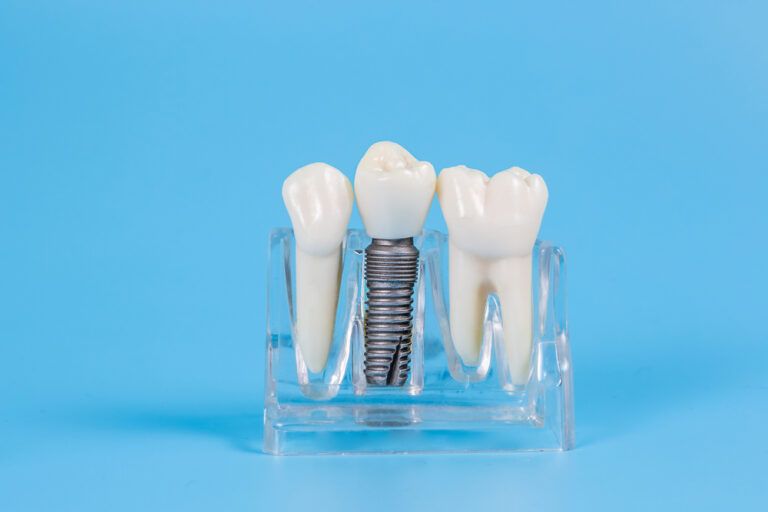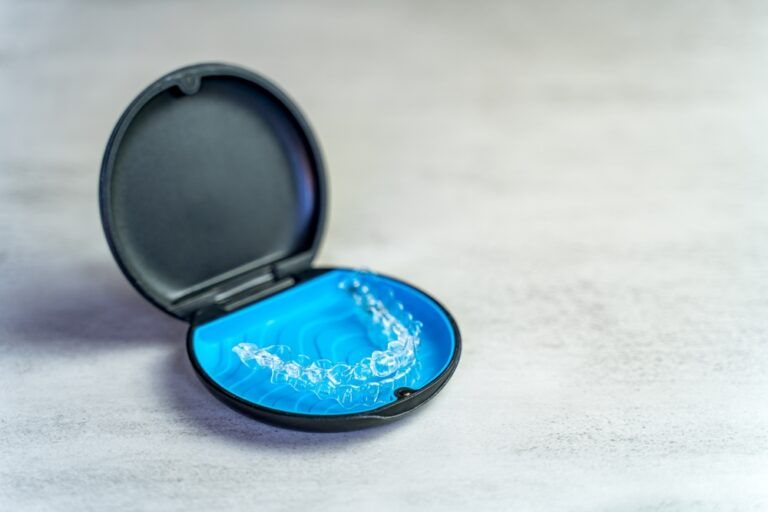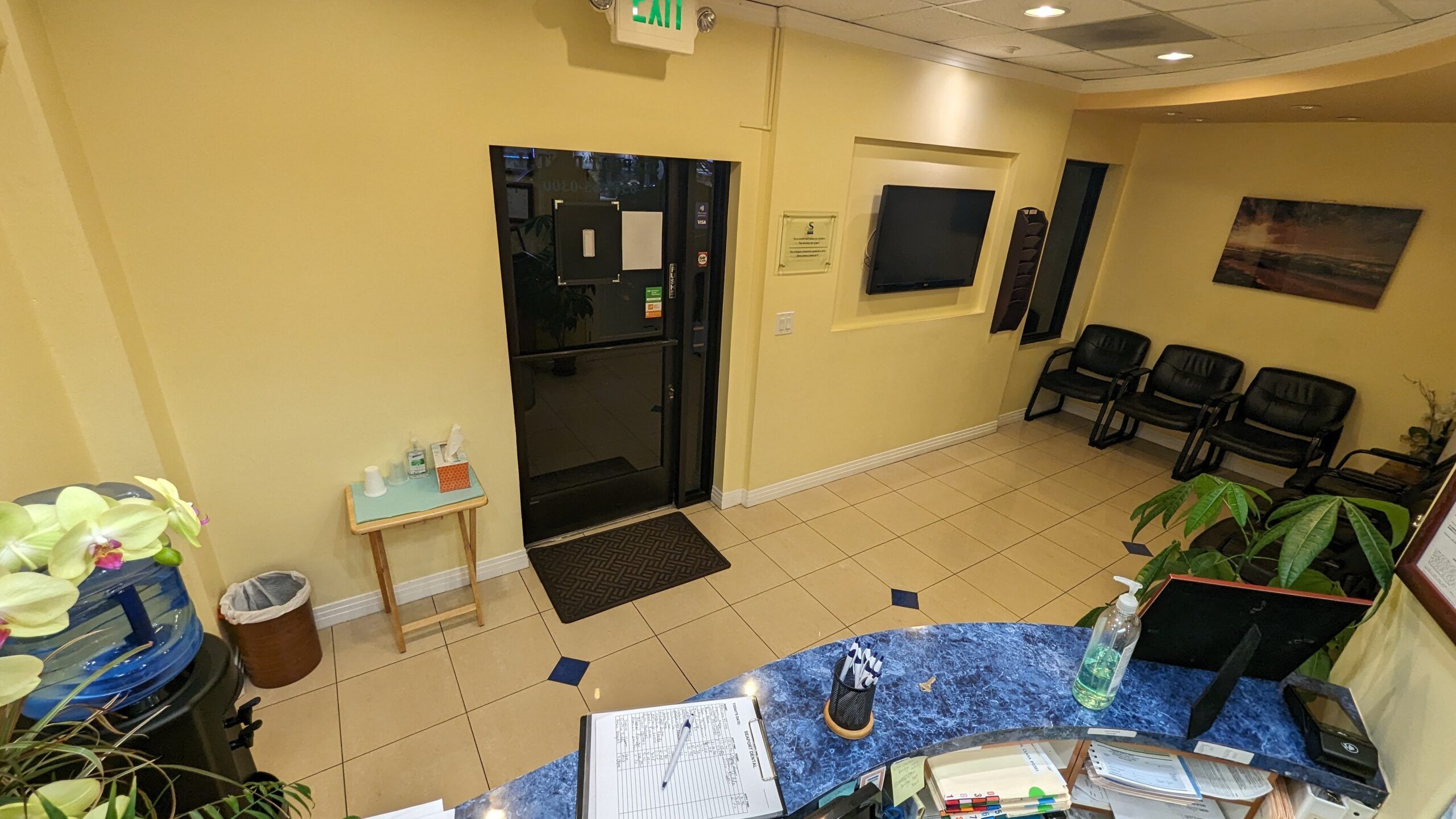Invisalign has revolutionized orthodontics by offering a discreet and comfortable alternative to traditional braces. These custom-made, clear aligners allow patients to achieve a straighter smile without the aesthetic and functional challenges posed by metal brackets. While the benefits of Invisalign are well-known, the reality of incorporating aligners into daily life is often overlooked.
At Seaport Family Dental in Redwood City, CA, Dr. Steve Deng, DDS, ensures patients are well-prepared for the practical aspects of wearing Invisalign, helping them make the most of their treatment while maintaining a fulfilling lifestyle.
What to Expect When You Start Invisalign
The transition to wearing Invisalign aligners can feel slightly different at first. Knowing what to expect can ease the adjustment period and set the tone for a successful treatment experience.
Initial Fitting
The first set of aligners might feel snug, and minor discomfort or pressure is common as your teeth begin to move. This sensation typically subsides after a few days as you adjust to the aligners.
Establishing a Routine
Consistency is key with Invisalign. You’ll need to wear the aligners for 20–22 hours a day to ensure optimal results. This means integrating them into every aspect of your daily life, from meals to oral hygiene.
Daily Life with Invisalign
Invisalign aligners are designed to fit seamlessly into your life, but they do require some adjustments. Here’s how they impact common activities:
Eating and Drinking
One of Invisalign’s biggest advantages is the freedom to eat whatever you like—provided you remove your aligners first.
- Before Meals: Always remove your aligners before eating or drinking anything other than water.
- After Meals: Brush and floss your teeth before reinserting the aligners to prevent trapping food particles and bacteria.
Oral Hygiene Routine
Keeping your teeth and aligners clean is crucial to maintaining good oral health during treatment.
- Brushing: Brush your teeth at least twice a day and after every meal.
- Flossing: Daily flossing is essential to remove debris between teeth.
- Cleaning Aligners: Rinse and gently brush your aligners with lukewarm water and a soft toothbrush to keep them clear and odor-free.
Speaking Adjustments
Some patients notice slight changes in their speech when they first begin wearing aligners. A minor lisp might occur as your tongue adjusts to the presence of the trays. Practicing speaking aloud can help you adapt quickly.
Social and Professional Considerations
Invisalign is known for its discreet design, but there are still social and professional aspects to consider.
Appearance
The clear aligners are virtually invisible, making them a preferred choice for adults and teens who want to maintain their confidence in social or professional settings.
Managing Aligners in Public
Removing your aligners before meals or snacks can feel awkward initially, but it quickly becomes second nature. Use a carrying case to store your aligners safely and discreetly when not in use.
Lifestyle Adaptations and Tips for Success
Adopting Invisalign into your life may require small but impactful changes. Here are some tips to help you stay on track:
Stay Hydrated
Wearing aligners can sometimes make your mouth feel dry. Drinking plenty of water throughout the day can help keep your mouth comfortable and hydrated.
Set Reminders
Use timers or phone reminders to ensure you’re wearing your aligners for the recommended 20–22 hours daily.
Plan for On-the-Go Care
Carry a small kit with a travel toothbrush, toothpaste, floss, and your aligner case to maintain oral hygiene while you’re out and about.
Monitor Progress
Each new set of aligners brings you closer to your goal. Tracking your progress can be motivating and helps ensure you’re wearing them consistently.
Potential Challenges and How to Overcome Them
No orthodontic treatment is entirely without its challenges, but understanding and addressing them can ensure a smoother experience.
Aligner Wear Time
Adhering to the 20–22 hours of daily wear might seem daunting at first, especially if you’re used to snacking or sipping beverages throughout the day. Planning your meals and drinks in advance can help minimize disruptions.
Lost Aligners
Misplacing your aligners can happen. If you lose a set, contact Dr. Deng immediately to discuss the next steps and avoid interrupting your progress.
Minor Discomfort
Some discomfort is normal, particularly when switching to a new set of aligners. This indicates the aligners are working as intended. Over-the-counter pain relief and cold compresses can help manage temporary discomfort.
Benefits That Outweigh the Adjustments
Despite the adjustments required, Invisalign offers benefits that make the effort worthwhile:
- Discreet Treatment: Clear aligners are barely noticeable, preserving your confidence.
- Freedom to Eat What You Love: Unlike braces, there are no dietary restrictions with Invisalign.
- Comfort: Smooth aligners eliminate the irritation associated with metal brackets.
- Efficient Results: With proper compliance, Invisalign can achieve results in a similar timeframe as traditional braces.
The Role of Dr. Steve Deng in Your Invisalign Journey
At Seaport Family Dental, Dr. Deng provides personalized guidance throughout every phase of your Invisalign treatment. From your initial consultation to regular check-ins, his goal is to ensure you achieve the best possible results with minimal disruption to your daily life.
Dr. Deng uses advanced technology to create custom treatment plans that align with your specific needs and lifestyle. His expertise ensures that each set of aligners moves your teeth efficiently and safely.
Transforming Smiles, Enhancing Lives
Living with Invisalign is more than a path to straighter teeth—it’s a journey toward increased confidence and improved oral health. While it may require some initial adjustments, the benefits far outweigh the temporary inconveniences.
At Seaport Family Dental in Redwood City, CA, Dr. Steve Deng, DDS, and his team are committed to making your Invisalign experience as seamless and rewarding as possible. Contact us today to schedule your consultation and take the first step toward the smile you’ve always wanted.
Sources:
- Proffit, W. R., & Fields, H. W. (2013). Contemporary Orthodontics. Mosby Elsevier.
- Rosvall, M. D., & Fields, H. (2009). Patient Satisfaction with Clear Aligner Treatment. American Journal of Orthodontics and Dentofacial Orthopedics.
- Sheridan, J. J. (2004). Invisalign: Current Practice and Concerns. Journal of Clinical Orthodontics.

